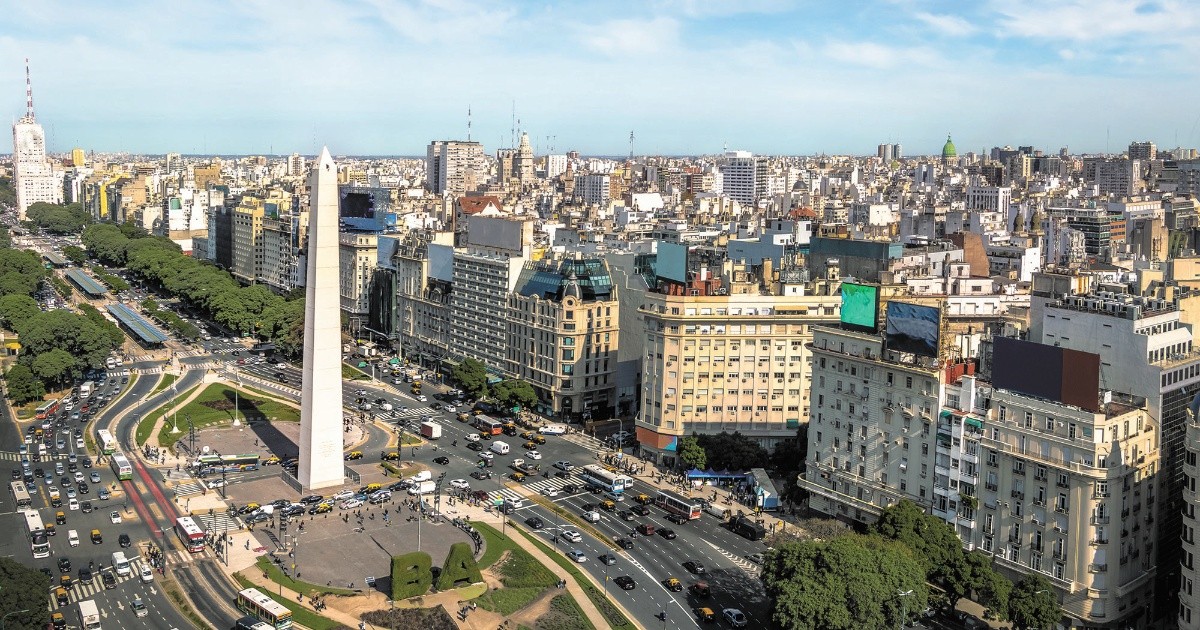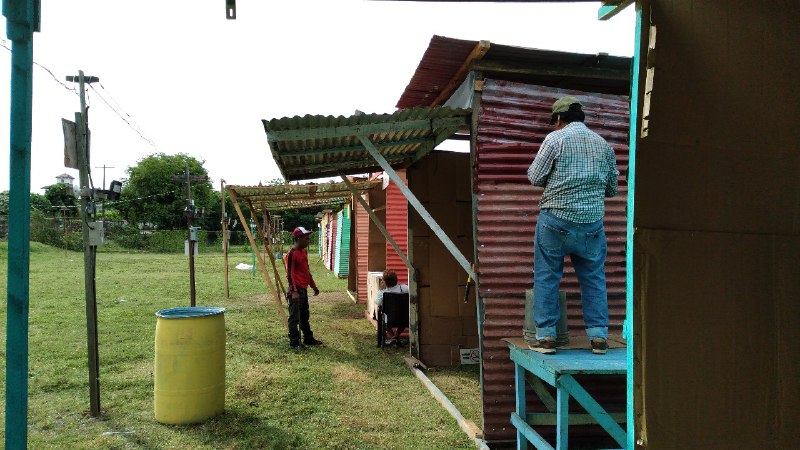Argentina It will restore a special exchange rate for soybean transactions starting Monday, a measure that it already ordered in September, to stimulate its currency settlements and strengthen the central bank’s reserves, the Ministry of Economy said on Friday.
Argentina’s central bank is seeking to bolster its international currency holdings, which have fallen sharply due to uncertainty over the local currency amid high inflation and financial difficulties, and to do so will turn to the powerful agricultural sector.
“Starting Monday, we are going to restore the program of export promotion for the agro-industrial complex of everything that is soybean and its derivatives,” said the Argentine government, which explained that the measure, which will establish an exchange rate of 230 pesos per dollar for soybean operations, will last for the remainder of the year.
The interbank exchange rate closed on Friday at 165.6 pesos per dollar.
Government sources had anticipated to Reuters during the course of the day that the Government would take that measure again to try to supply its dollar reserves.
The first “soybean dollar” plan, as the measure was popularly known, was in September, when the central bank of Argentina recognized 200 pesos for agro-exporters for every dollar settled, against the nearly 147 units at which the local currency was quoted. in the official exchange market.
The result was better than expected, since it allowed almost 8,000 million dollars will enter the countryof which around 5,000 million remained as BCRA reserves.
Argentina is the world’s leading exporter of soybean oil and meal, and shipments of these products are the main source of foreign exchange for the country’s trade balance.
“We don’t agree with this soybean dollar,” Carlos Achetoni, president of the Argentine Agrarian Federation, one of the country’s main rural associations, told Reuters, adding that what the sector needs is “a single (exchange) parity.”
The agreement signed this year with the International Monetary Fund (IMF) for a debt of 44,000 million dollars establishes, among other goals, that the Government should strengthen its foreign currency holdings.
“We do it with the conviction that aligning incentives allows us to strengthen reserves,” Economy Minister Sergio Massa said on Friday, in a meeting with representatives of the agro-export and agricultural sector where he explained the measure, according to a video released by the treasury portfolio.















